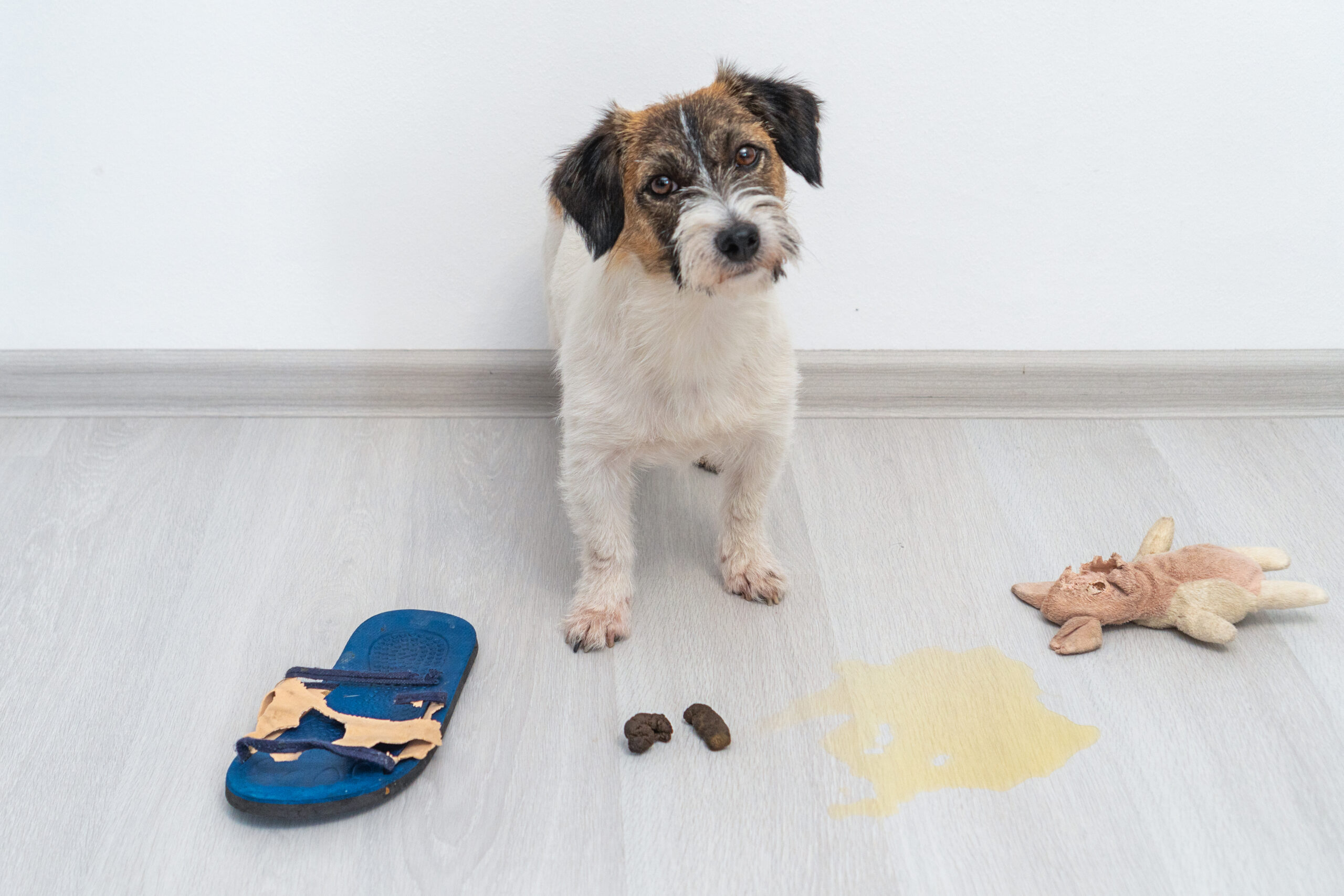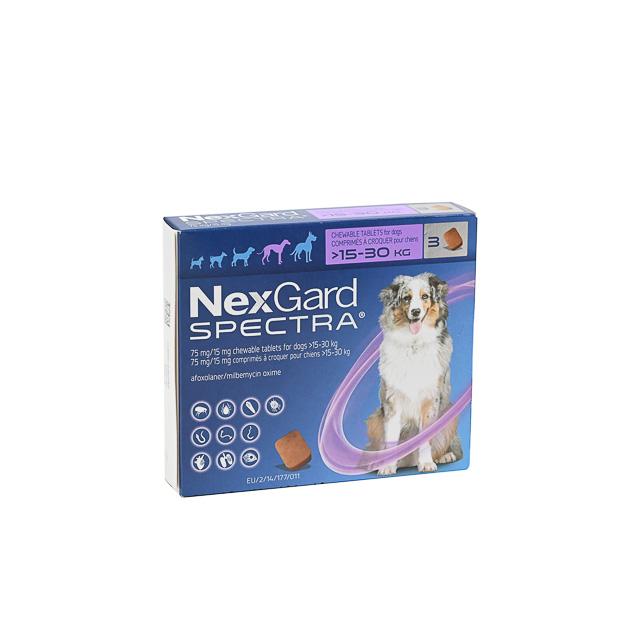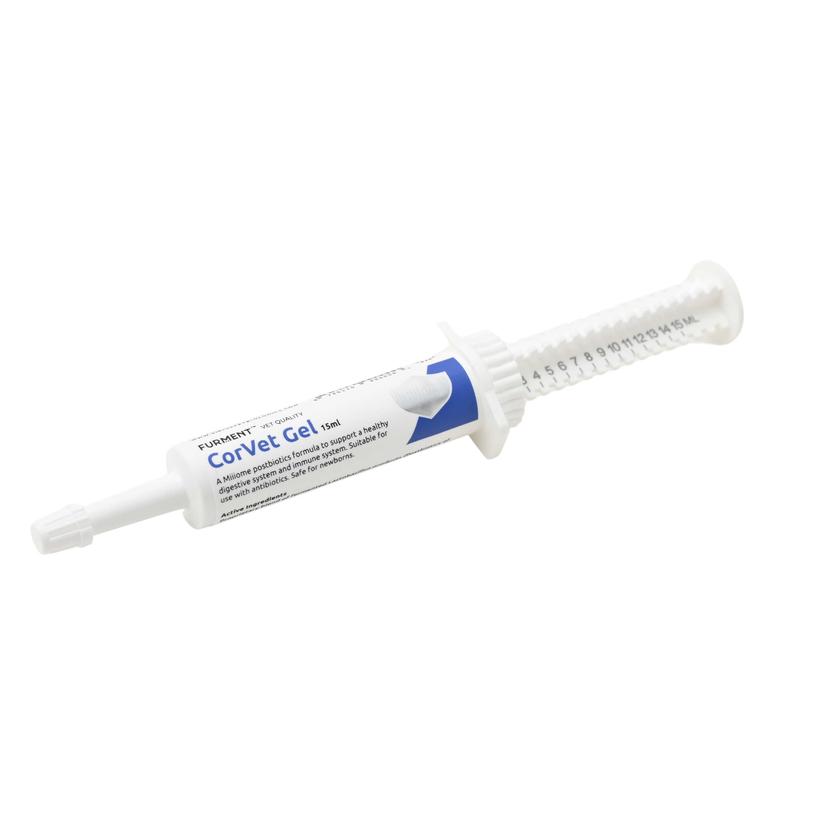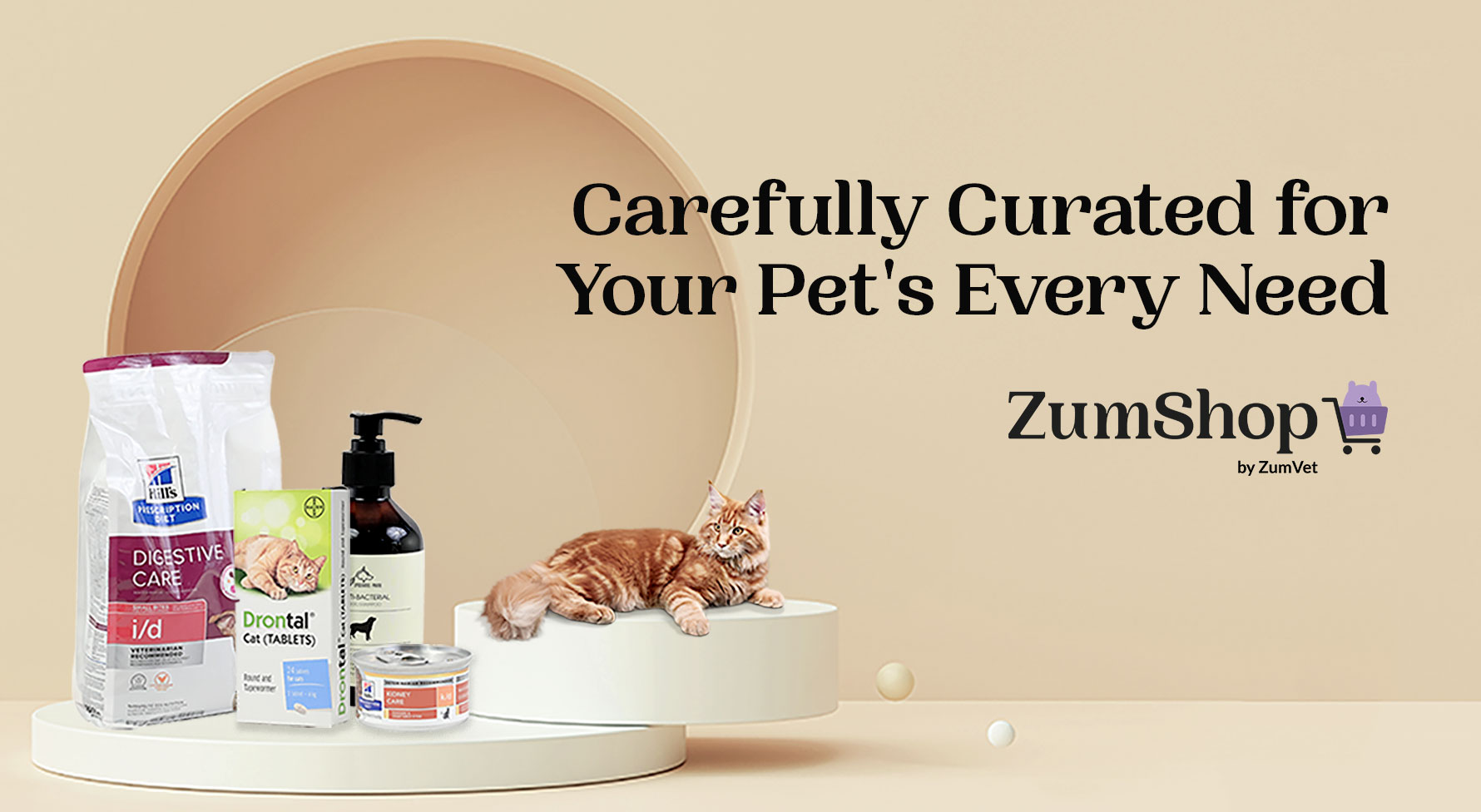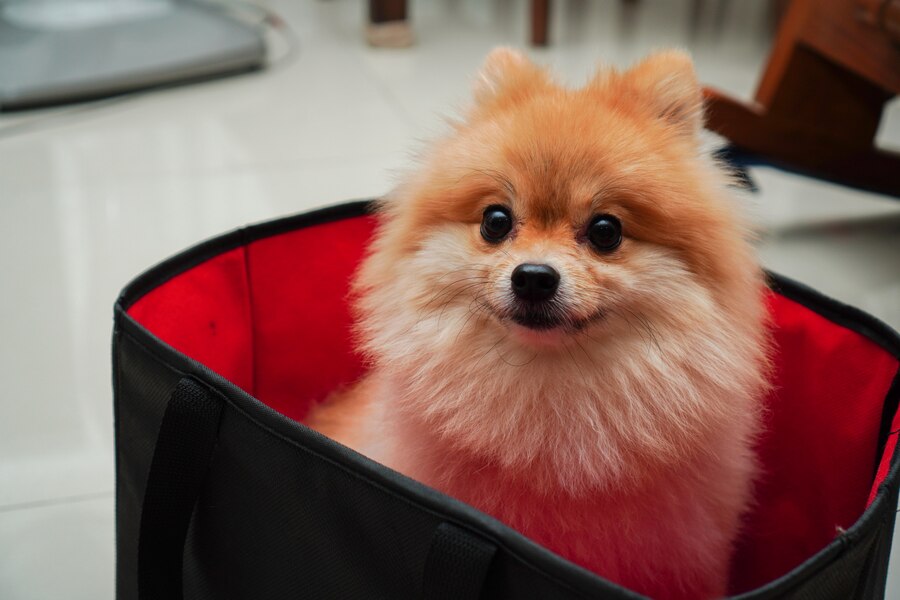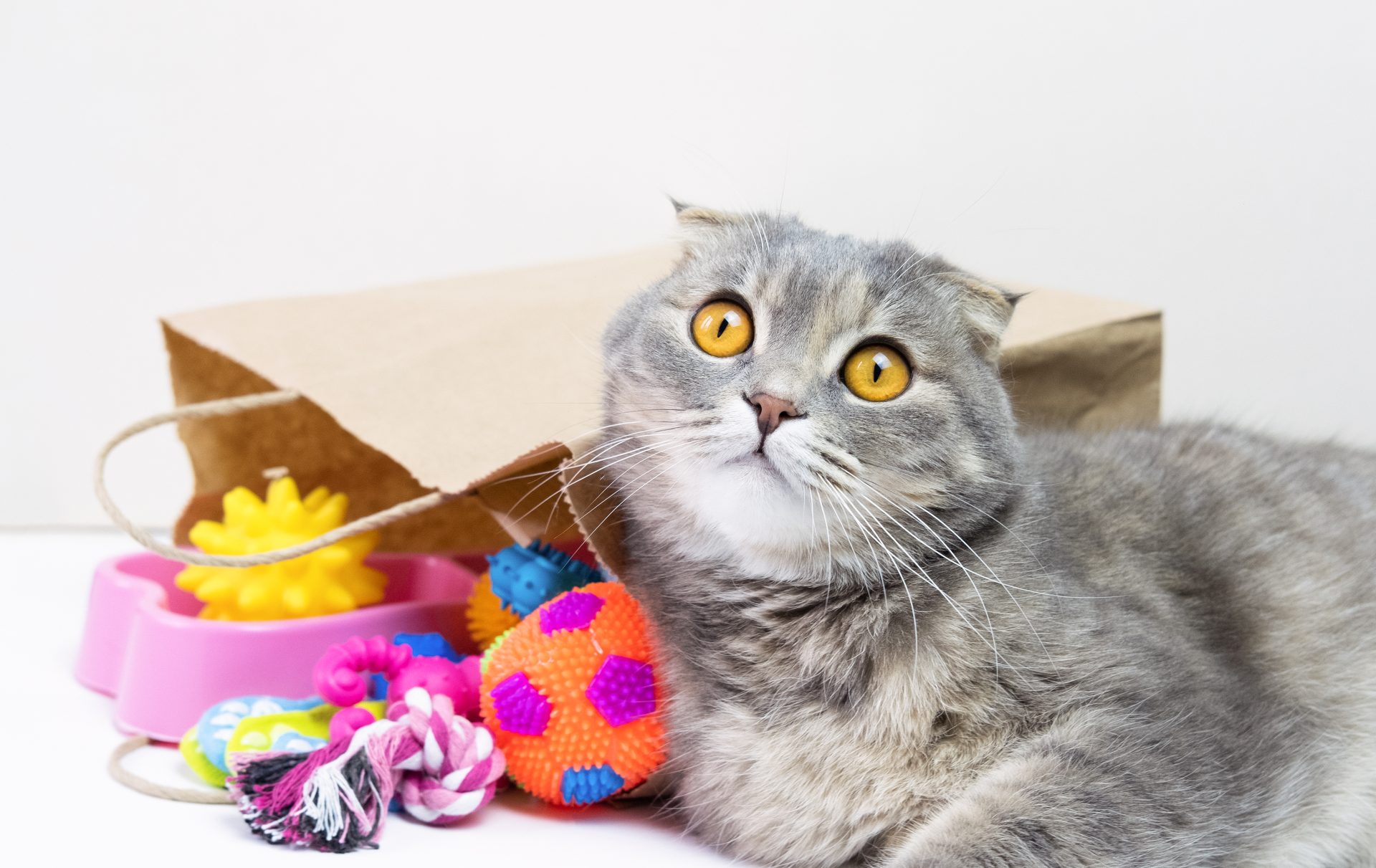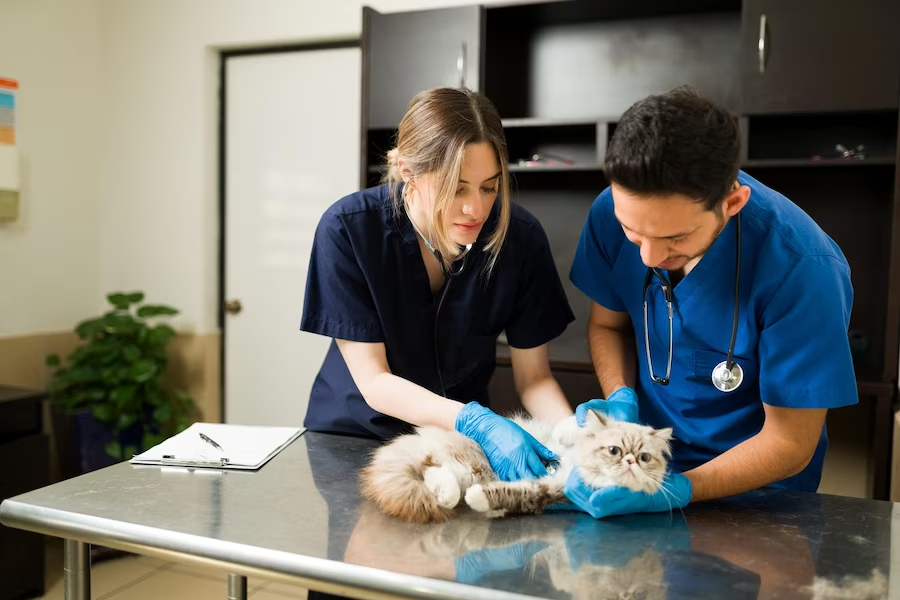You come home from work and your dog rushes to the door to greet you — barking, tail wagging, jumping, the works! You too, are uplifted by their contagious joy. And suddenly all those happy feelings are dampened by the frustration of… yes, pee all over the place.
First things first, understand that inappropriate urination is not “naughty” behaviour — your dog just does not know better. They may lose control over urination due to many reasons, ranging from over-stimulation to high unspent energy and sometimes even fear.
While young pups under a year old are more prone to this behaviour, older dogs may also experience incontinence. It’s always a good idea to get your pet checked out by a vet so you can rule out any medical conditions.
And before you spiral into all sorts of wee-related worries, here’s the good news: puppies often grow out of this behaviour and if they don’t, there are ways to train your dog to prevent these accidents.
Signs of excitement urination and how to stop it
If you observe that high energy situations stimulate your dog to urinate indeliberately, this is most likely excitement urination. For instance, when they are playing with you, greeting you on arrival or if they are suddenly touched. Think of it as an instinctual, although misguided, way to express their elation.
It’s important to identify and recognise the triggers that result in these episodes, so that you can work at removing or neutralising them to prevent the behaviour.
When greeting your dog
When your dog sees their favourite human home, they are at the peak of their excitement level. Getting excited with them leads to a feedback loop of positive energy, and this can easily lead to overstimulation.
So as much as you want to celebrate being back in the paws of your furkid, try to maintain a low-key demeanour.
Avoid any eye, physical or verbal contact. Instead, crouch down to their level and stay neutral in this position. This may seem unloving or even a little cruel, but you are helping your dog manage their emotions and that’s for the greater good!
Once your dog is able to calm down, you can then greet them and show them some affection while remaining composed. If you have guests coming over, make sure to ask them to do the same.
Be consistent with this approach and if you have the time, you could even practice coming in and out of the house so your pup has the opportunity to learn the correct response.
When at home
In the process of training, you should always reward your pup for positive behaviour. Give them praises or treats when they are able to stay calm upon your arrival and when they urinate in designated areas for positive reinforcement.
With persisting inappropriate urination behaviour, try to take playtime outdoors or in a prepped area with pee pads or newspapers. This will allow you to still enjoy playing with your pup without worrying too much about potential minor mishaps.
If accidents do happen, refrain from punishing or scolding your dog — the adverse reaction and attention could backfire and worsen the behaviour. Simply clean it up without fuss, taking care to eliminate any urine scent so your dog does not associate that spot with their bathroom business.
When out on walks
Pent-up energy can lead to your dog finding strange ways of releasing it — involuntary urination included! Long, frequent walks will not only help them empty their bladders but it will also tire them out and make them happier, calmer furkids. As with the positive reinforcement at home, you should also reward your dog with a treat or affection when they urinate in the right places outdoors.
Signs of submissive urination and how to stop it
The other type of non-deliberate urination is submissive, which means it is your dog’s way of yielding in situations when another is asserting dominance. Sometimes it’s another dog or a stranger but it could also be you — and it’s not your fault! We know all you pet parents love your furkids (why else would you be here reading all about how to better care for them?). Unfortunately, our best intentions don’t always come through to our four-legged family.
Dogs communicate very differently from humans, and what may seem like friendly or affectionate gestures to us could also appear to be threatening or dominant signals to your dog. This may be the case if you notice your dog urinating when you:
- Reach your hand over the top of your dog’s head to pat them
- Stand over them
- Play rough with them
- Stare directly at them when nearby
For fearful or submissive dogs, you will have to do away with these bold, assertive actions. In some cases, it is better to let the dog make the first move and approach you on their own. If you do decide to approach, try doing so from their side, avoiding eye contact and kneeling down to be at their level. Speak with a softer tone, and avoid sudden movements.
Another way is to replace these fear-inducing triggers with cues that can distract your dog. Consider getting them to do the tricks or commands that they are comfortable with, or using their favourite toys or treats so that your approach is less intimidating. This may also help shift their focus and reduce the likelihood of submissive urination.
With behaviour like inappropriate urination, we recommend logging these e-pee-sodes in a diary of interactions to track any triggers and improvements. Otherwise, it may be difficult to keep track of the triggers in the midst of cleaning up and the flustered feelings we know all too well.
You can also consider using Adaptil diffuser, which creates pheromones that can help comfort canines and put them in a more relaxed state when faced with exciting or scary situations.


